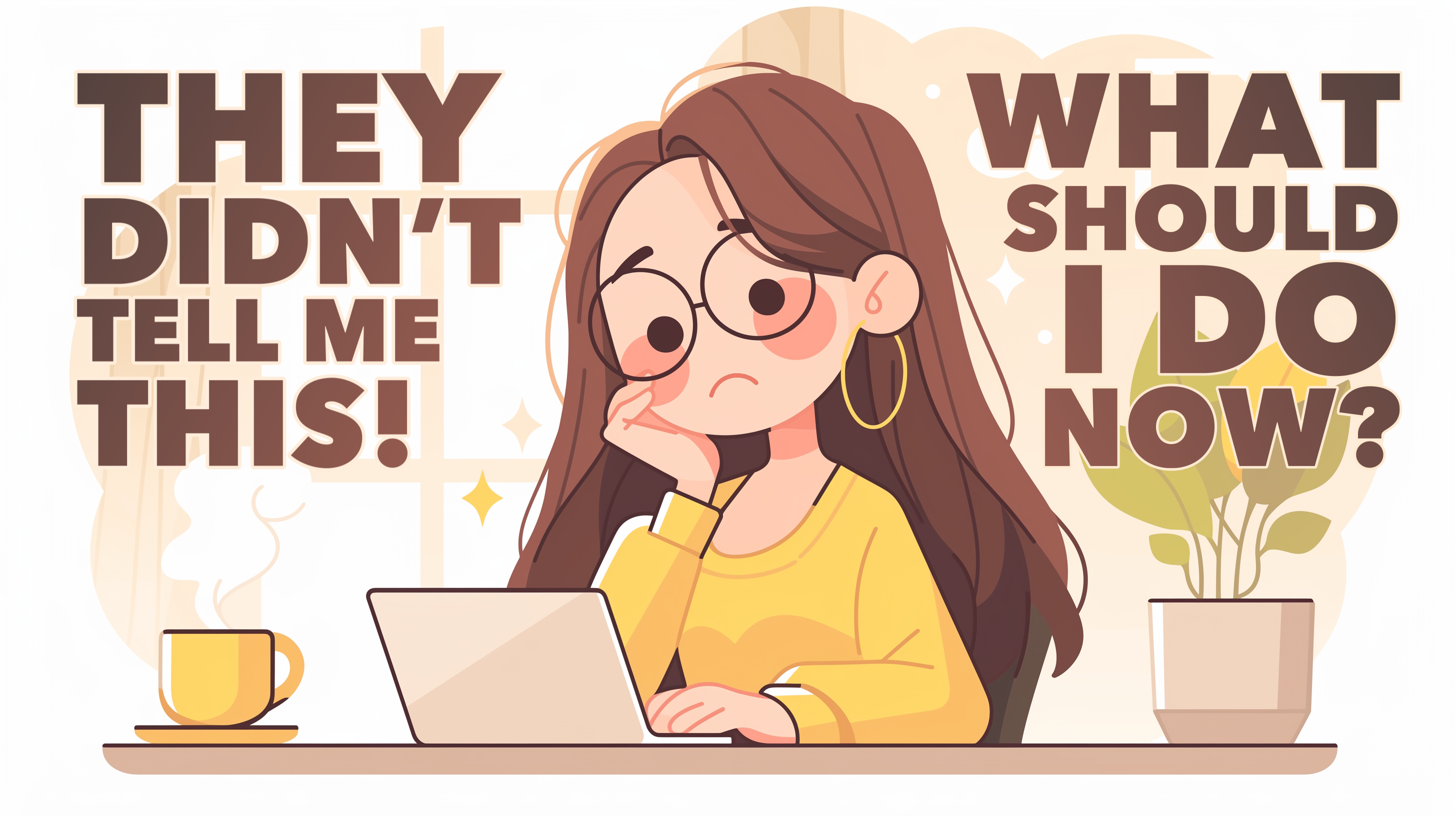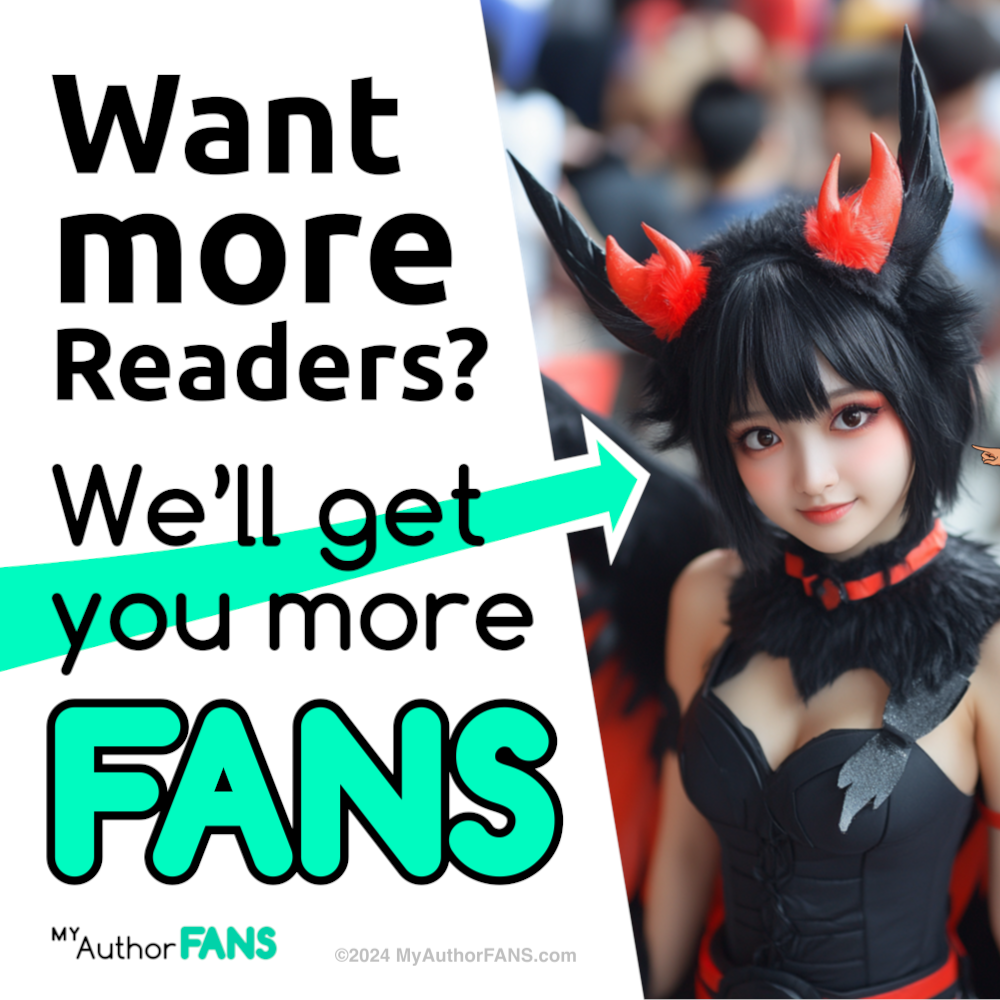This article covers the 7 Realities of Promoting Your Book on Social media, why Facebook Groups rarely work for authors, especially those using pen names, and reveals a much better alternative that puts you in control. I’ll show you how to create your own platform, build genuine reader relationships, and escape the noisy world of social media algorithms.
Table of Contents
1. Why Facebook Groups Don’t Work for Book Promotion.
2. The Reality of Facebook Group Rules.
3. Challenges for Authors with Pen Names.
4. The Alternative to Facebook Groups for Authors.
5. The best social media platform to start promoting your book on social media.
6. Why Independent Book Promotion Works Better.
7. How to Connect Directly with Readers.
1. Why Facebook Groups Don’t Work for Book Promotion
If you’re an author, I’m sure you’ve dipped a toe (or maybe the whole foot) into Facebook Groups with a bit of hope that they’ll finally help your stories find a proper home. Well, welcome to the club—most of us have wandered in with similar dreams, only to feel like we’re standing in a noisy market where everyone’s shouting about their latest book, but no one’s actually listening.
When I first stepped back into the Facebook ring, I’d hoped for reader engagement, maybe a dash of support from fellow writers, and ideally, a little room to share my work. But I was wrong. Instead of an inspiring literary community, I found groups with endless rules, self-promoting admins, and hardly a reader in sight.
Promoting your book on social media used to be quite simple. How things have changed. So, here’s my journey through Facebook’s literary wasteland—and why there’s only one true alternative.
2. The Reality of Facebook Group Rules
Ah, the group “rules.” Every group has them, and most are stricter than the headmistress at an all-girls school in the ‘80s. They’re supposedly there to protect the group’s culture, but more often than not, they just make it impossible to engage in any meaningful way.
Here are the most frustrating ones:
1. Authors Can’t Share Content Readers Would Enjoy.
For heaven’s sake, if readers can’t even get a taste of what we’re about, what’s the point? I’ve been in groups where I was literally told, “No book excerpts allowed.” How are we supposed to build excitement or invite engagement with posts as sterile as hospital sheets?
2. No Links Allowed.
Links are banned in most groups. You can’t post a link to your website, your Amazon page, or even to a piece you’ve written elsewhere. The one time I managed to slip a link in, it was swiftly taken down. I had a chuckle over that one—apparently, actually leading readers to your book is a big no-no.
3. Self-Promotion—But Only for Group Admins.
Oh yes, the admins can promote their “essential” marketing courses or consulting services all they like. The rest of us, though? Just grateful peons with no rights to share our books, only the privilege of commenting on theirs.
4. Low Engagement and Visibility.
Ever felt like your posts are speaking into a void? In these groups, even if your post manages to see daylight, it gets lost in the shuffle. If you’re lucky, you’ll get a couple of likes (often from other authors). Real reader engagement? Don’t hold your breath.
5. No Room for Authors with Pen Names.
Let’s not even talk about authors with pen names. Facebook insists on real profiles for group participation, which means anyone with a pseudonym has to decide between revealing their real identity or missing out altogether.
3. Challenges for Authors with Pen Names
The issue of privacy is one Facebook’s policies don’t really accommodate. For those of us writing under a pen name, there’s a big, uncomfortable choice to make: either sacrifice your privacy by posting as your “real” self or don’t post at all. That, for a lot of us, is just too big of a hurdle, and it’s one reason why so many pen-name authors eventually give up on groups entirely.
4. The Alternative to Facebook Groups for Authors
Now, I’ll admit, I stayed in these groups for longer than I should have, holding out hope that they’d be worth the time. But eventually, I realised the only real solution was to build my own space—a place where I set the rules, engage with readers genuinely, and actually have room to promote my work.
But wait. I know what you’re thinking. How did I get readers to visit my website and where did I find them?
Well, this is the billion dollar question and the answer is often thought to be worth its weight in gold. But, in honesty, it’s really common knowledge. Facebook, Instagram, TikTok and Twitter are not the same as YouTube or Google. While social media is usually referenced as a single medium, its actually two.
Both are feeds with algorithms that learn from your behaviour. They both show you content that is related to the content you have already consumed. However, there is a difference between Type 1 and Type 2.
- Type 1: The closed feed. Much like I have already pointed out, this type simply shows you what it thinks you want to see. Posting on these kind of platforms requires existing interest and social value which encourages the algorithm to distribute your posts organically. This may take hundreds, if not thousands of interactions.
- Type 2: The search feed. This type includes a very important and beneficial search preference. While these feeds don’t necessarily prioritise search, they include it, and use data from it to further educate their algorithm.
5. The best platform to start promoting your book on social media
The advantage of the Type 2 platform is that people are often searching for exactly what you have to offer. By using these search engines (yes, like google) you’re able to specifically design content to appear in the results when people search. Once you’ve achieved this, you’ll be on your way to generating engagements with your content which will then be favoured by the algorithm and featured in the organic feeds.
The best Type 2 platform is of course YouTube, but that doesn’t stop you from using the same methods with other searchable platforms.
How and Where to find readers
So, now you know which platform to focus on, how do you attract readers to your books? You’ll need to create content that is both related to your book, or yourself as an author, and also related to a subject that people are searching for. You can use resources like Semrush and Google to find keywords and search terms to target. Then you’ll need to create the best content you can to compete with what’s already available. But, don’t worry, the majority of content on social media isn’t highly well produced, even if your feed tells you otherwise. You only need a small number of people to engage, to take it to the next step.
The next step is cross platform marketing which I discuss in greater detail in another article. This involves you collecting reader information and finding out where your readers spend most of their time. Once you’ve established which secondary platform to focus on, you’ll need to create content on it, and ask your now loyal fans to go and engage with it. This is the beginning of your secondary platform development. The more content your fans engage with , the more organic engagement you will be able to generate from new readers. You won’t need Facebook Groups or Live events. As long as your readers engage with your content, your reach will continue to grow. It’s how social media works.
But how do you get readers from one platform to another? For this, you’re going to need your own platform!
Your very own Book club
Enter the author website. I know, I know, creating a website sounds like a lot of work. But trust me, once you’ve done it, you’ll wonder why you didn’t set one up sooner. Having your own website is essential for cross platform promotion. You’ll need to gather reader information here and then redirect their attention to other platforms to establish where your readers spend their time.
Of course, cross platform promotion is only one way you can benefit from your own website. You can also:
1. Reach Readers with SEO-Optimised Content.
If you’ve ever searched for “historical romance novels with strong female leads,” you’re using what’s called a [“long-tail keyword”]. By writing content around these, you’ll attract readers through search engines, skipping the noisy Facebook fray entirely.
2. Share Your Work Freely.
There are no rules against excerpts or sneak peeks on your own site! Share a cover reveal, a thrilling paragraph, or a character introduction. You’re in control, and believe me, it feels good.
3. Build an Email List.
Facebook groups may frown upon links, but your own website invites them. Encourage visitors to sign up for updates so you can tell them about new releases, promotions, and events. According to TCK Publishing, email lists are one of the most effective ways to build a fanbase.
6. Why Independent Book Promotion Works Better
Once I started running my own website, everything changed. No more fighting algorithms or rigid admins. I finally had a place where readers could find me organically and return whenever they wanted to.
Here are a few other perks to independent promotion:
1. Organic Traffic through Google Searches.
When people search for your genre, they’re actively looking for something to read. If you can tap into that search traffic, you’re halfway to building a loyal audience.
2. Build a Real Subscriber Base.
A mailing list is worth more than all the likes on Facebook combined. It’s direct, private, and readers who sign up are far more engaged.
3. Guest Blog Posts for Extra Exposure.
Appearing on other authors’ sites or collaborating with book bloggers can draw in readers who are genuinely interested in your work. Much better than shouting into the Facebook void.
7. How to Connect Directly with Readers
Rather than trying to cut through the noise in a crowded Facebook Group, try these more direct methods to foster reader relationships:
– Virtual Book Launches.
Host a live chat on YouTube or directly on your website. It’s a lovely way to interact with readers in real-time without any platform restrictions.
– Reader Platforms like Goodreads.
Goodreads is one of the few places you’ll find readers in droves, rather than just other authors.
– Sharing Snippets and Teasers.
Your website should be a hub for teasers, sneak peeks, and bonus content. You can create the content you want readers to see, without the fear of it being deleted or hidden.
My Final Thoughts and Some Resources for Authors
If you’re fed up with Facebook Groups and want a better way to connect with readers, I wholeheartedly recommend creating your own platform. It’s a long-term investment in yourself, and it frees you from the whims of social media algorithms and group admins. So take the plunge, build a space that’s all yours, and watch how it transforms your author journey.
If you’re interested in learning how to find new readers, what kind of content you need to be creating, and why you and so many authors make the same mistake when it comes to promoting your stories, you should check out an article entitled: The Content Authors Need to Make To Attract New Readers


